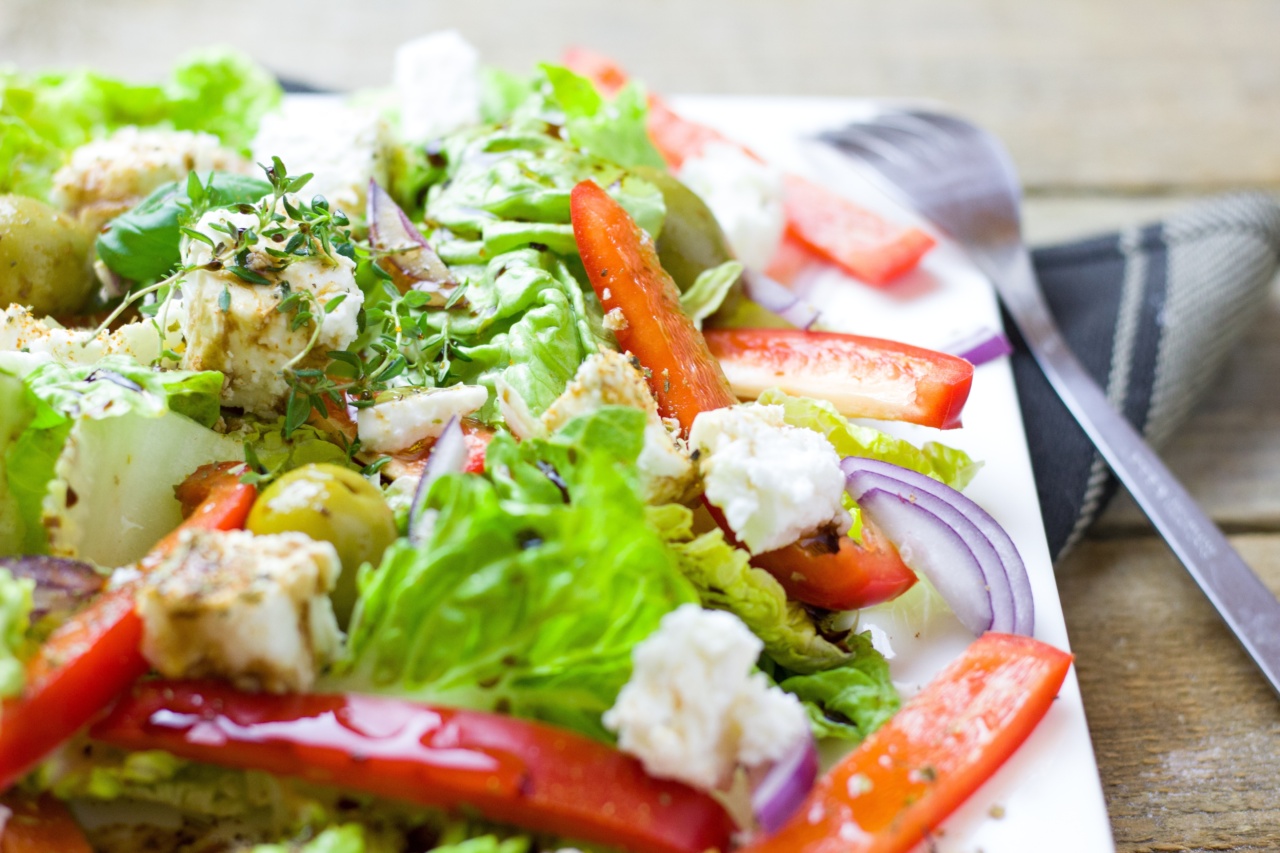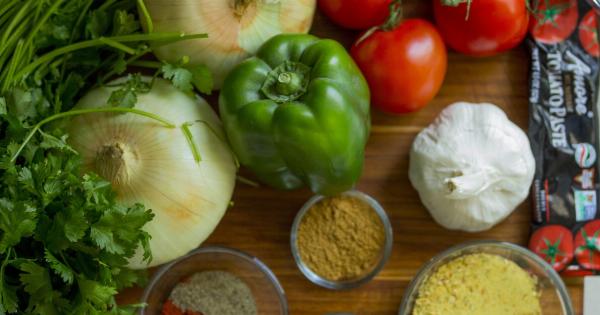If you’re looking for a versatile ingredient that comes packed with nutrients, fresh onion might just be the answer you’ve been seeking.
One of the most used ingredients in the kitchen, fresh onion could play a critical role in your overall health if you’re open to exploring what it has to offer. Here, we’ll dive into the secrets of fresh onion nutrition and how you can use this vegetable to your health advantage.
What Nutrients Does Fresh Onion Offer?
At first glance, it might seem like fresh onion is simply a flavorful, crunchy addition to your dishes.
However, while it definitely adds a kick of umami and textural variation to many recipes, there’s a lot more going on under the surface with fresh onion. Here are some of the key nutrients you’ll find in this vegetable:.
1. Fiber
Fiber is essential for good digestion and can help regulate blood sugar levels, among other benefits. A medium-sized onion contains around 1.5 grams of fiber, making it a valuable source of this nutrient.
2. Vitamin C
Vitamin C is critical for immune health, among other benefits. While fresh onion doesn’t provide as much vitamin C as, say, oranges, it still offers a respectable amount.
One medium onion contains around 9% of your daily recommended intake of vitamin C.
3. Folate
Folate is important for healthy fetal development during pregnancy and may also help prevent certain types of cancer. One medium onion contains around 10% of your daily recommended intake of folate.
4. Quercetin
Quercetin is a type of antioxidant that has been studied for its ability to fight inflammation and reduce the risk of certain chronic diseases.
Onions are a particularly good source of quercetin – in fact, some research suggests that they are the richest dietary source of this antioxidant.
5. Potassium
Potassium is an electrolyte that helps regulate blood pressure, among other functions. One medium onion contains around 4% of your daily recommended intake of potassium.
How Can You Incorporate Fresh Onion Into Your Diet?
Now that you know how many valuable nutrients you can get from fresh onion, it might be time to start incorporating this vegetable into your meals more often. Here are a few ideas:.
1. Use Raw Onion in Salads
Fresh onion adds a distinctive crunch and tang to salads. Try adding thinly sliced red onion, for example, to a mixed green salad with cucumbers, tomatoes, and feta cheese.
2. Sauté Onion to Add Flavor to Dishes
Few things can match the aroma of sautéed onions in a kitchen. Add chopped onion to stir fry dishes, pasta sauces, or soups to enhance flavor and add nutrients.
3. Grill Onion as a Side Dish
Grilled onions – especially sweet onions like Vidalias – are a delicious summer treat. Slice them into thick rounds, brush with oil, and char them up on the grill for a side dish that pairs perfectly with burgers or grilled chicken.
4. Make French Onion Soup
If you’re looking for a classic, comforting dish that uses a lot of onions, try making French onion soup at home. This soup uses caramelized onions as the star ingredient, and is often topped with a generous layer of melted cheese.
5. Use Onion as a Base for Roasting Meats or Vegetables
When roasting meats or vegetables, tossing whole cloves of garlic and onion into the pan can help add flavor. The onion will caramelize in the oven and infuse the dish with its sweet, savory flavor.
Final Thoughts on Fresh Onion Nutrition
When it comes to boosting your overall health and wellbeing, fresh onion may just be one of the most underrated ingredients out there. From fiber to folate to quercetin, this common vegetable packs a punch in terms of nutritional value.
Experiment with different ways of incorporating fresh onion into your meals and you may just discover a new favorite staple in your kitchen.





























